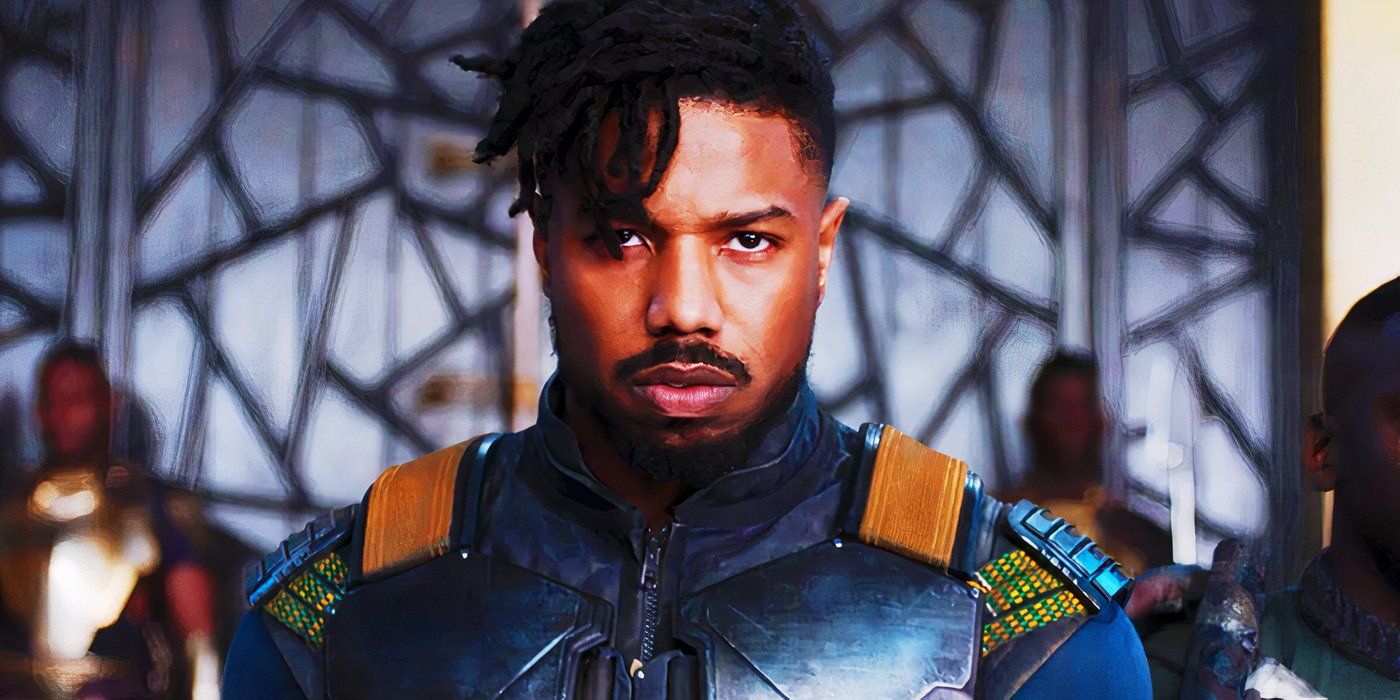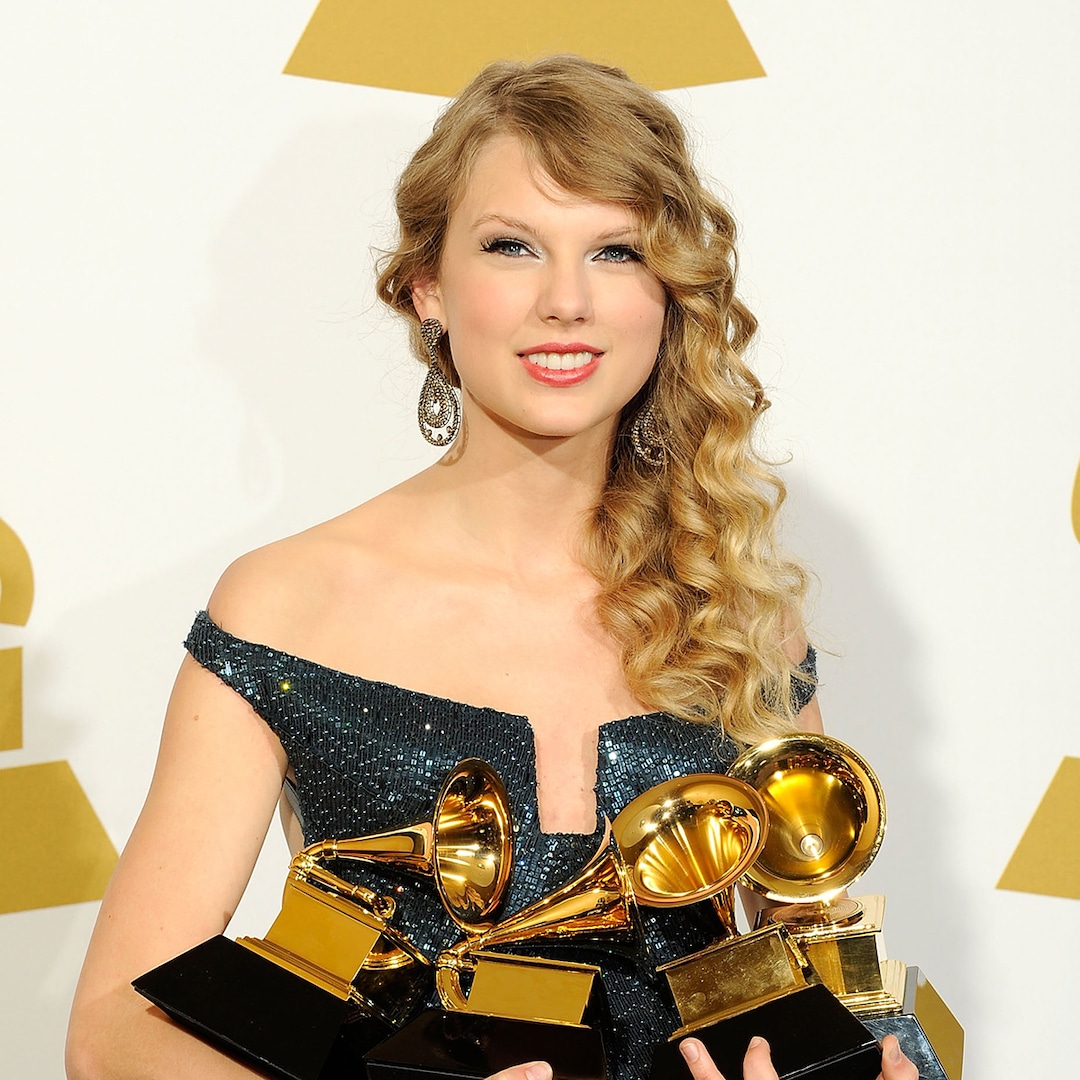Everything Joaquin Phoenix's 'Her' got right about 2025
Spike Jonze's 2013 romance 'Her' stars Joaquin Phoenix as a lonely writer who falls in love with an AI companion. 12 years later, it resonates more than ever.

(Credit: Warner Bros)
Film » Features » Film Opinion
Sun 2 February 2025 2:30, UK
Setting a film in the near future is a gamble. If you get it right, you will be dismissed as someone who played it safe. If you get it wrong, you will be called out on it within a handful of years. When Stanley Kubrick made 2001: A Space Odyssey in the 1960s and Ridley Scott envisioned 2019 in 1982’s Blade Runner, most audiences were willing to give them a free pass when those years rolled around due to the ambition of setting a film so far into the future. When Spike Jonze released Her in 2013, he took the gamble, setting it just 12 years in the future. Since then, technology has changed so rapidly that he could easily have gotten it all wrong. Instead, he got it scarily right.
The film stars Joaquin Phoenix as Theodore, a recently divorced writer in Los Angeles who begins a relationship with an AI operating system, Samantha, voiced by Scarlett Johansson. It can be easy to forget that before ChatGPT was launched in November 2022, the average person wasn’t thinking about artificial intelligence at all, let alone its implications for romantic relationships. In this light, it is startling just how accurate much of this movie is.
There is the VR video game that Theodore plays in his living room, frantically scrabbling with his arms to make his avatar run through an immersive projection. There is the use of the OS to go through emails, book restaurant reservations, and proofread writing. But it’s the ease and fluidity of the chatbot’s responses and the way it learns and modulates itself to Theodore’s emotional needs that really stand out for their accuracy.
In one memorable scene, Theodore goes on a blind date with a friend-of-a-friend around the time he starts to become emotionally attached to Samantha. He and the woman seem to be hitting it off, until one of them says something awkward, and it throws the whole date into disarray. Instead of laughing it off and muddling forward, they part quickly and acrimoniously.
Theodore returns home to talk to Samantha, and their easy conversation immediately soothes him. The AI always knows what to say. It is, after all, perfectly attuned to Theodore’s needs. The implications of this are already playing out today. When apps like Character AI, Nomi, and Replika can create artificial companions that cater to every desire, how could a flawed human being with their own motivations and baggage possibly compete?
(Credits: Far Out / Warner Bros. Pictures)
In addition to the remarkably accurate predictions for the future, Her also pushes things further, imagining outcomes that have yet to happen on a large scale. As Theodore and Samantha become more intimate, she takes the liberty of hiring a sex surrogate who will embody her. In another scene, the AI generates a piano piece for Theodore as he lounges on the beach, saying it was made to represent the moment they were sharing.
The film’s most thought-provoking prediction mirrors a pressing debate in the tech world. Although Samantha initially expresses a desire to understand and become human, she quickly surpasses the capacity of the human brain and starts interacting with other forms of AI. These days, the conversation about when AI might attain superhuman intelligence, otherwise known as Artificial General Intelligence, has divided scientists. In Her, the signal arrives unequivocally when Samantha patronisingly calls Theodore “sweetheart.”
There are, of course, many things that the film gets wrong. The fashion, for example, was very cleverly predicted as a version of the 1970s. Everyone in this movie looks like they just stepped out of a Mumford and Sons music video, complete with porno moustaches and redundant suspenders. It’s true that fashion works in cycles, but those cycles have been getting shorter and shorter in the past decade, meaning that Gen Z is now more likely to look like they just stepped out of the late ’90s than the late ’70s.
There is also something depressingly optimistic about how limited the AI is in this version of 2025. It seems to be used only for companionship and menial administrative tasks, not for replacing human intelligence and interpersonal skills en masse. In the opening scene, Theodore sits at work, dictating one of the many love letters he composes on behalf of other people. The idea that in a time of advanced AI, people would hire an actual human writer to draft their most emotional love letters and birthday cards rather than simply throwing a few prompts into a large language model and hitting the return key is almost quaint.
It’s also hard not to feel a twinge of envy when no one in the film is staring at their phone screens. The device Theodore uses to listen to music and interact with Samanta looks like a pocket mirror that you speak to and can fold into your pocket. Rather than being beholden to an algorithm and addicted to swiping and scrolling, people in this version of 2025 can gaze benignly at the pollution-clogged horizon, look strangers in the eye, and eat a meal without leaping to action the second they feel the slightest vibration in their pocket.
On a final note, it must be mentioned that Her already has a legacy in the tech industry. For many of us, it looks like a cautionary tale about the dangers of trading human interaction for technology, but for Sam Altman, the CEO of the company that created ChatGPT, it was an aspirational story. At some point, the firm approached Scarlett Johansson about voicing their latest model. She turned them down, but they created a voice that sounded so eerily similar to hers that the company was forced to take it down.
Her is one of the few science fiction movies that gets its predictions right while opening an even deeper philosophical conversation about the present than the ones we’re already having. Loneliness, artificial companionship, over-reliance on superintelligence, and the value of human interaction are all explored, and although the film gets a few things wrong here and there, it still offers an imagined glimpse of the present that is even more revealing than a documentary. Just keep an ear for any chatbot that calls you “sweetheart.” When that happens, you’ll know it’s time to panic.
Related Topics
Joaquin PhoenixScience FictionSpike Jonze
















